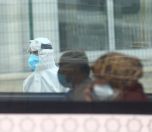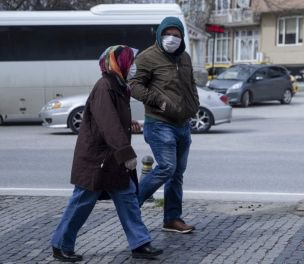Photo: AA
Click to read the article in Turkish / Kurdish
Turkey's death toll from the novel coronavirus has reached 277 as 63 people died in the last 24 hours, Health Minister Fahrettin Koca announced today (April 1) at a press briefing in Ankara, the capital.
The total number of cases has climbed to 15,679 with 2,148 new cases, the minister said. Turkey has tested a total of 106,799 people so far and 14,396 tests were carried out in the last 24 hours, he added.
Koca further said that every province in the country had Covid-19 cases and that 8,852, or nearly 60 percent, of the cases were in İstanbul, the largest city of the country. He disclosed geographical information about the disease for the first time. Travel restrictions would be extended in the coming weeks, he noted.
Responding to a question, the minister said that 601 healthcare workers and physicians were infected from coronavirus. In the last week, nearly four million N95 respirators were distributed to healthcare workers, he added.
A statement on the ministry's website said that 979 patients were in intensive care with 692 patients intubated. Only 333 patients have recovered so far.
İstanbul mayor calls for curfew
After the minister's press conference, İstanbul Mayor Ekrem İmamoğlu reiterated his request for a curfew in the city of 16 million.
"In line with our prior statements, Minister of Health Fahrettin Koca has just confirmed that İstanbul is the epicenter of the coronavirus pandemic in Turkey with 60 percent of the cases. I reiterate my call for a partial curfew to be imposed for Istanbul as quickly as possible," he said in a tweet.
Most affected provincesİstanbul: 8,852 cases İzmir: 853 Ankara: 712 Konya: 584 Kocaeli 410 Isparta: 286 Sakarya: 207 Adana: 197 Bursa: 135 Samsun: 112 |
The mayor previously demanded the government declare a partial curfew for İstanbul. Minister Koca had also suggested that "time spent on the streets should be restricted."
As a response to calls for curfew, President Recep Tayyip Erdoğan had suggested "voluntary quarantine."
As part of measures against the pandemic, the government shut down cafes, bars, theaters and wedding and event venues and banned concerts, picnics, meetings and congresses. It also canceled all international flights, most domestic flights and imposed restrictions on intercity travels. After restrictions, intercity travels dropped by nearly 99 percent, according to the Ministry of Interior.
More recently, dozens of villages and neighborhoods in various parts of the country were quarantined.
The novel coronavirus outbreak began in China's Wuhan city in December 2019. It has now spread to at least 179 countries and territories, infecting over 900 thousand people and killing more than 40 thousand, according to data compiled by John Hopkins University in the US. Over 170 thousand people have recovered from the disease. Italy, China, Iran, and Spain have been the most affected countries.
CLICK - Coronavirus Map: Real-Time Updates on the Pandemic
CLICK - All Updates on Turkey's Coronavirus Tally
About the novel coronavirusWhat is a coronavirus? Coronaviruses are a large family of viruses which may cause illness in animals or humans. In humans, several coronaviruses are known to cause respiratory infections ranging from the common cold to more severe diseases such as Middle East Respiratory Syndrome (MERS) and Severe Acute Respiratory Syndrome (SARS). The most recently discovered coronavirus causes coronavirus disease Covid-19.
What is Covid-19? Covid-19 is the infectious disease caused by the most recently discovered coronavirus. This new virus and disease were unknown before the outbreak began in Wuhan, China, in December 2019. How does Covid-19 spread? People can catch Covid-19 from others who have the virus. The disease can spread from person to person through small droplets from the nose or mouth which are spread when a person with Covid-19 coughs or exhales. These droplets land on objects and surfaces around the person. Other people then catch Covid-19 by touching these objects or surfaces, then touching their eyes, nose or mouth. Studies to date suggest that the virus is mainly transmitted through contact with respiratory droplets rather than through the air. Source: World Health Organization |
(VK)




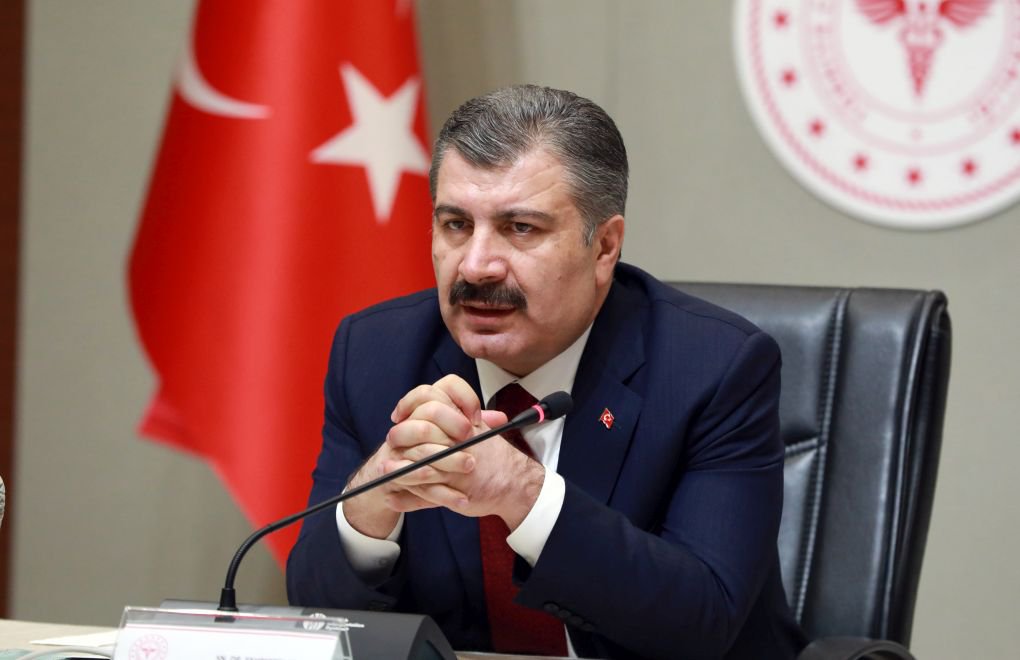
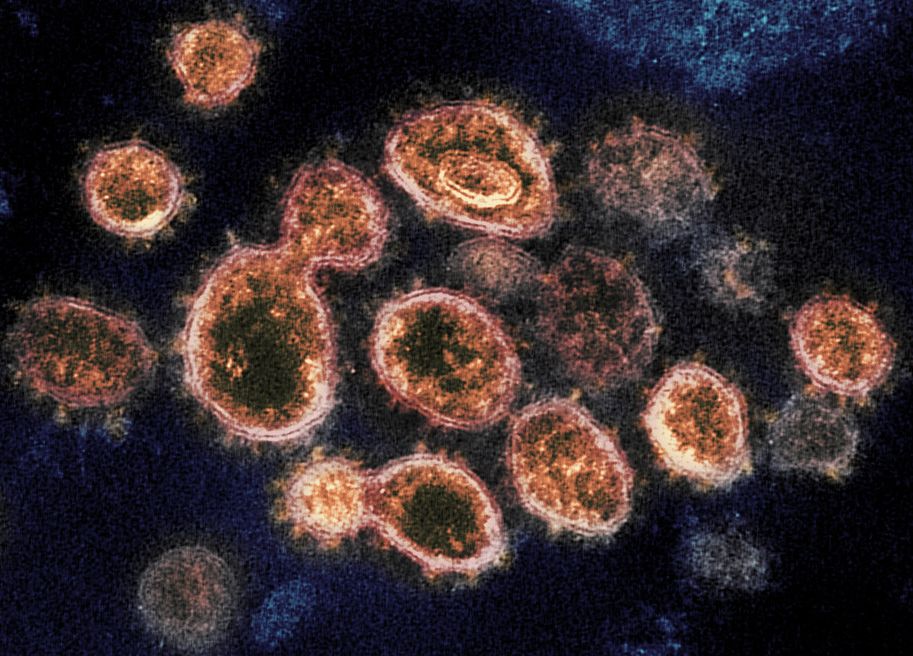
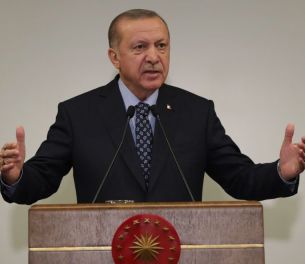

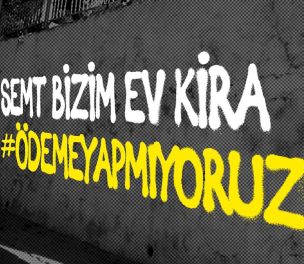
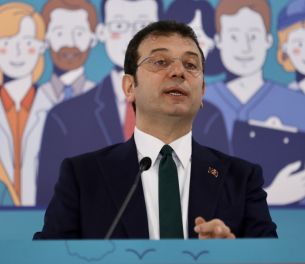

sdd.jpg)
